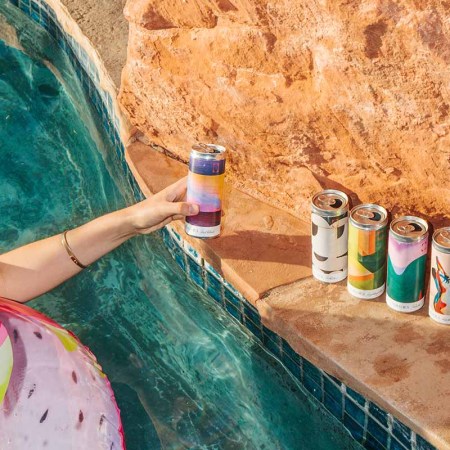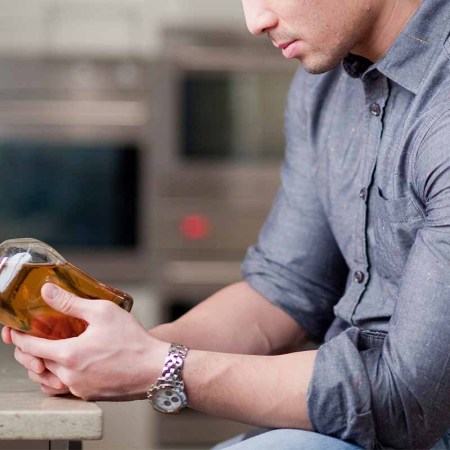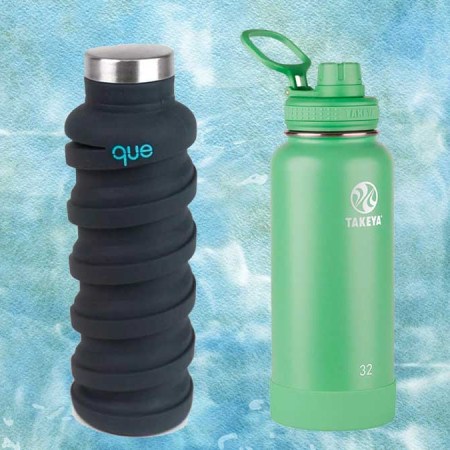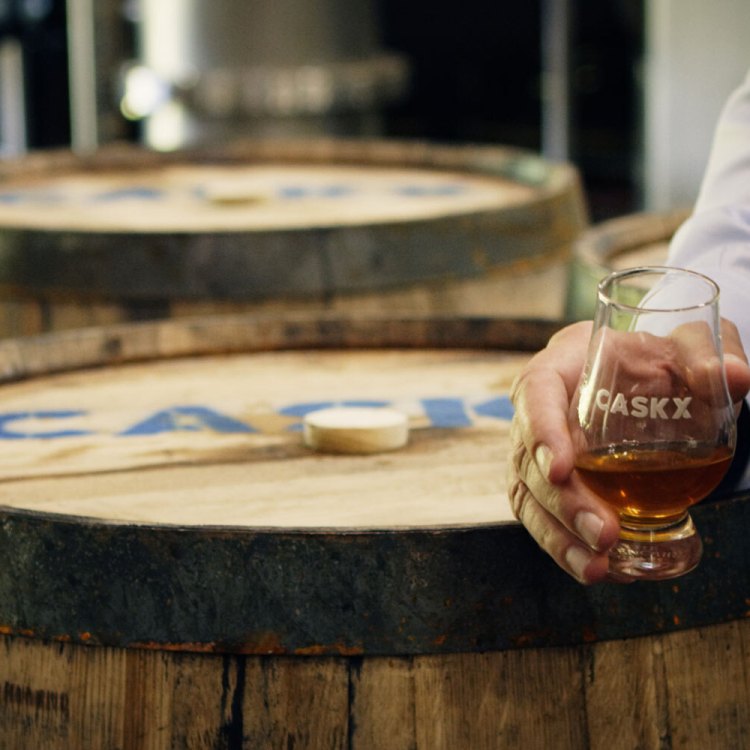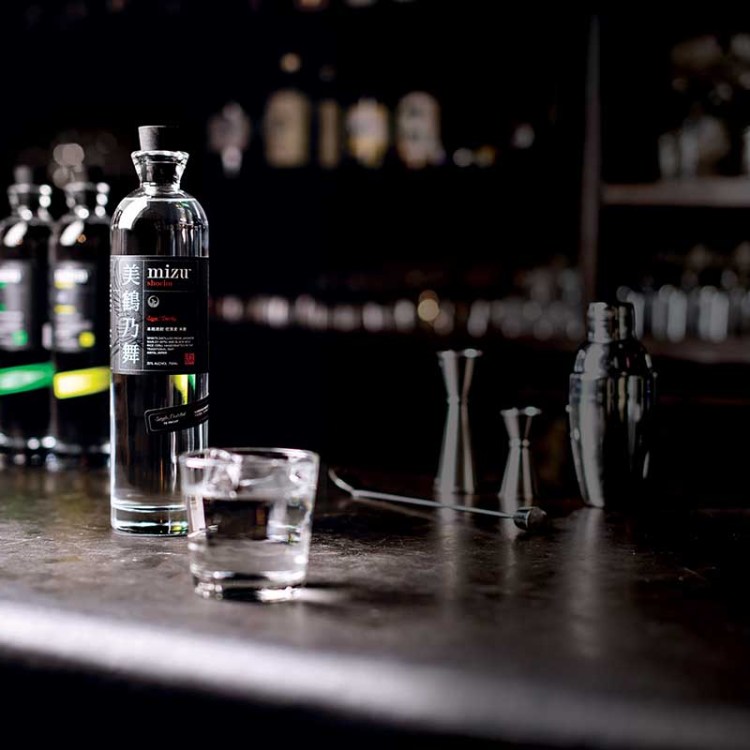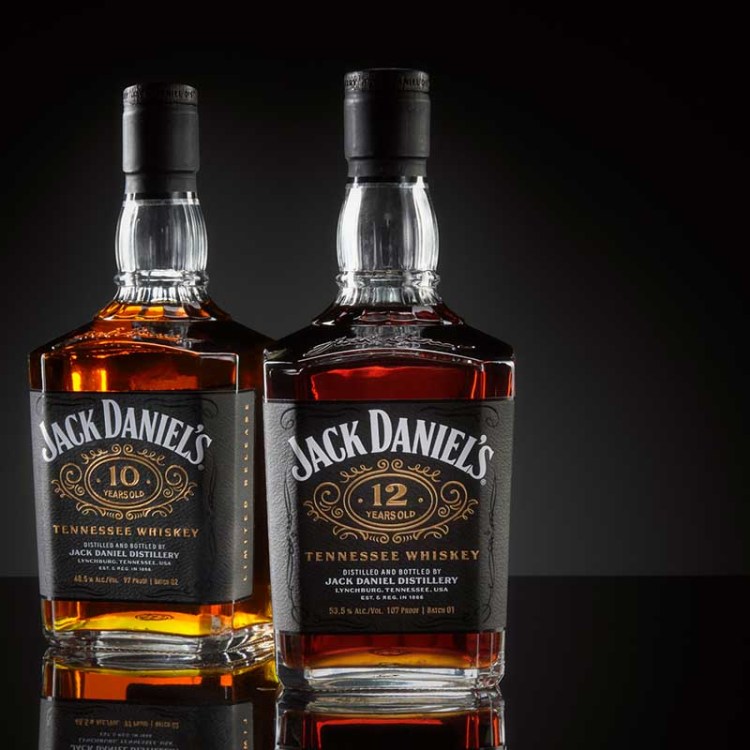Some leading figures in the wine industry have started to speak out against glass bottles. In an open letter from the UK-based Wine Traders for Alternative Formats (WTAF), a multitude of wine brands and drinks writers have urged James Cartlidge MP, the Exchequer Secretary to the Treasury, to introduce consumer tax incentives to fund and promote carbon-friendly alternative packaging.
“The manufacturing and recycling of glass bottles is wine’s biggest greenhouse gas contributor,” they write. “Switching from glass to alternative formats could save as much as 750,000,000 KgCO2e of emissions every year in the UK alone. This is the equivalent of taking 350,000 cars off the road overnight, and equates to well over a third of the carbon footprint of wine consumed in the UK.”
Instead of single-use glass bottles, the WTAF hopes the industry embraces boxed wine, canned wine, kegs, returnable glass bottles, paper bottles and pouches. Besides the environmental impact, the organization suggests “there is little or no perceivable difference in quality between these formats and wine in glass bottles for wines drunk within a few months of purchase, as most are.”
Interestingly, one of the people not on board with the WTAF proposal is Catalan producer Miguel Torres. As Decanter notes, Torres has been “a pioneer in more sustainable wine,” but he feels that the priority should be to reduce the weight of glass bottles and campaign for glass manufacturers to create a standard reusable bottle.
While this particular letter originates from a UK organization, it does reflect feelings many producers have around the globe regarding the environmental impact of single-use bottles. And thankfully, boxed and particularly canned wines have certainly improved over the years, and bag-in-box in particular has an extremely small carbon footprint when compared to glass bottles.
Thanks for reading InsideHook. Sign up for our daily newsletter and be in the know.

